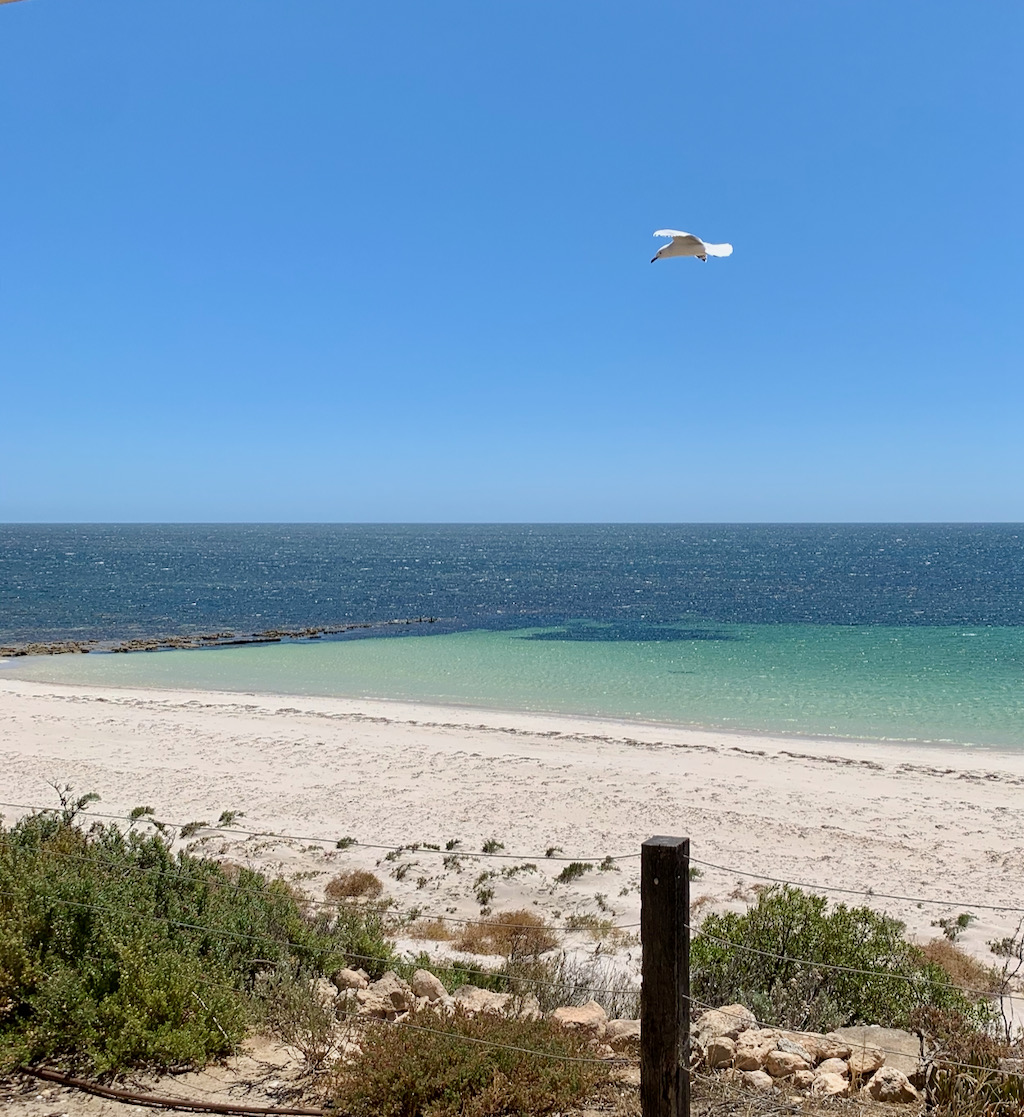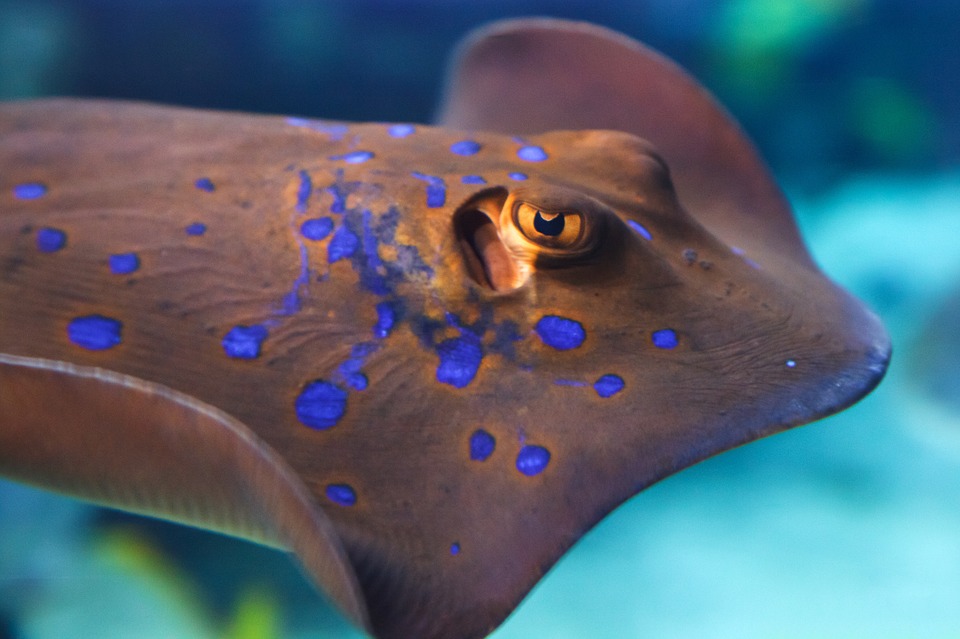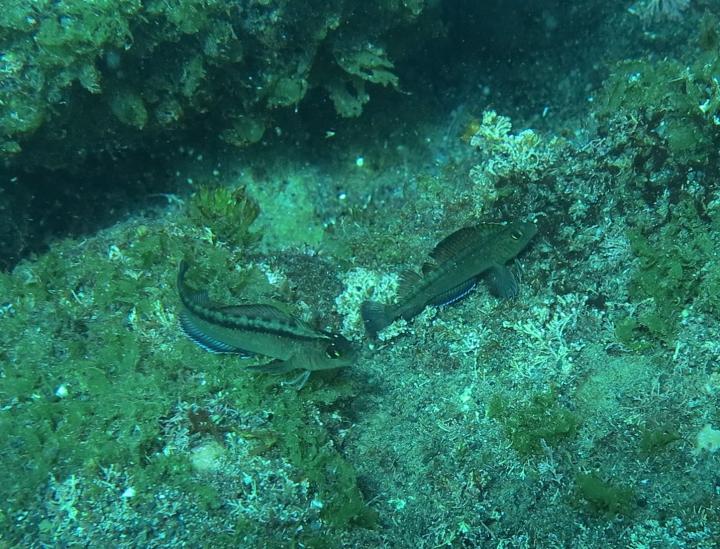BLOGS WEBSITE
TAG: CO2
Blue is the new green
In the search for potential natural allies to help combat climate change, marine coastal vegetation sits near the top of the list. Known as ‘blue carbon’ ecosystems, mangroves and seagrass meadows are carbon-storage machines, absorbing CO2 up to 40 times faster than terrestrial forests and trapping carbon in the soil for millennia. They are also […]
Comments Off on Blue is the new green
International joint research reveals how fish adapt to ocean acidification by modifying gene expression
Human-driven global change is challenging the scientific community to understand how marine species might adapt to predicted environmental conditions in the near-future. The effects of the uptake of anthropogenic atmospheric CO2 by oceans affects propagate across the biological hierarchy, from changes in the building blocks of life at nano-scales to organism, physiology and behaviour through ecosystem […]
Comments Off on International joint research reveals how fish adapt to ocean acidification by modifying gene expression
Fish sex organs boosted under high-CO2
Research from the University of Adelaide has found that some species of fish will have higher reproductive capacity because of larger sex organs, under the more acidic oceans of the future. Published in PLOS Biology, the researchers say that far from the negative effects expected under the elevated CO2 levels in our oceans predicted for the end […]
Comments Off on Fish sex organs boosted under high-CO2




